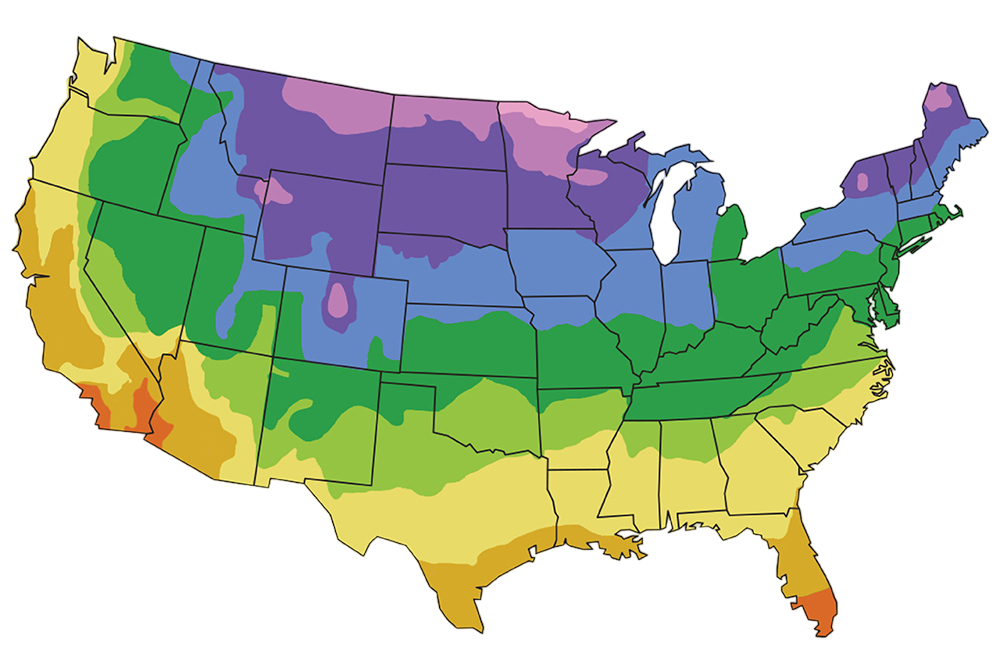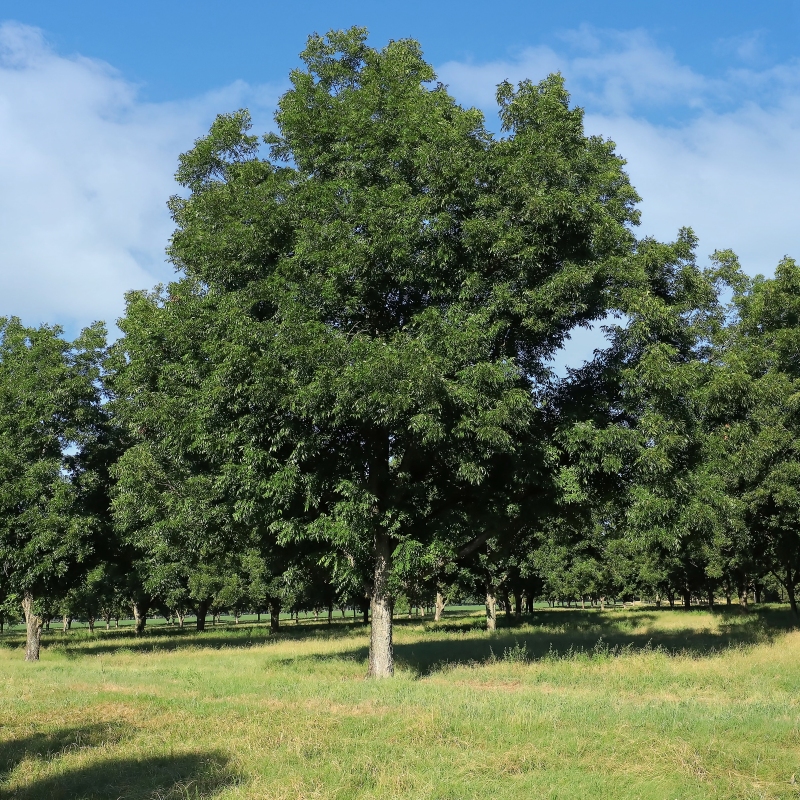
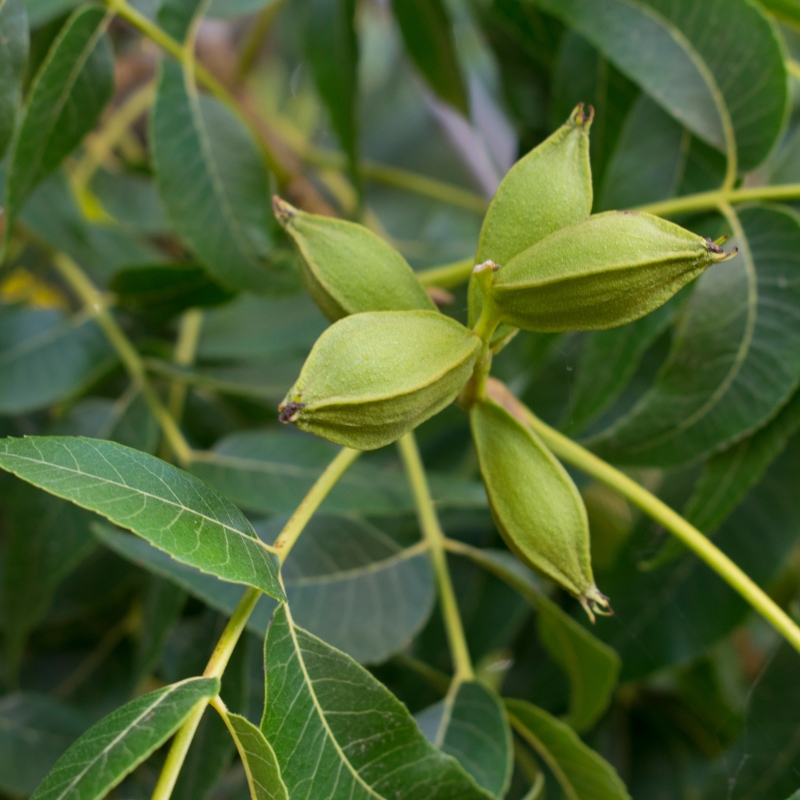
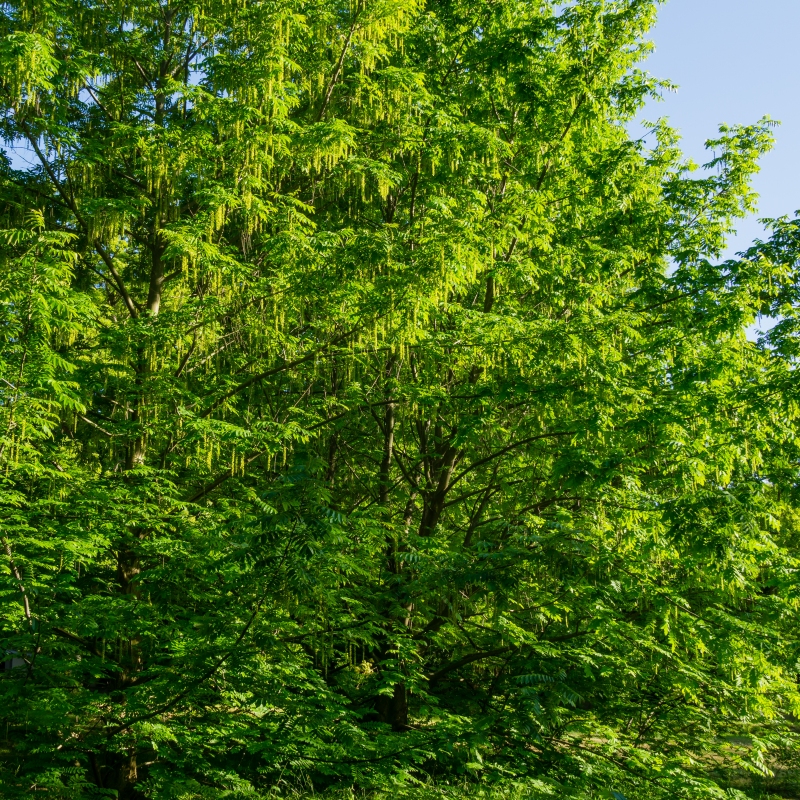
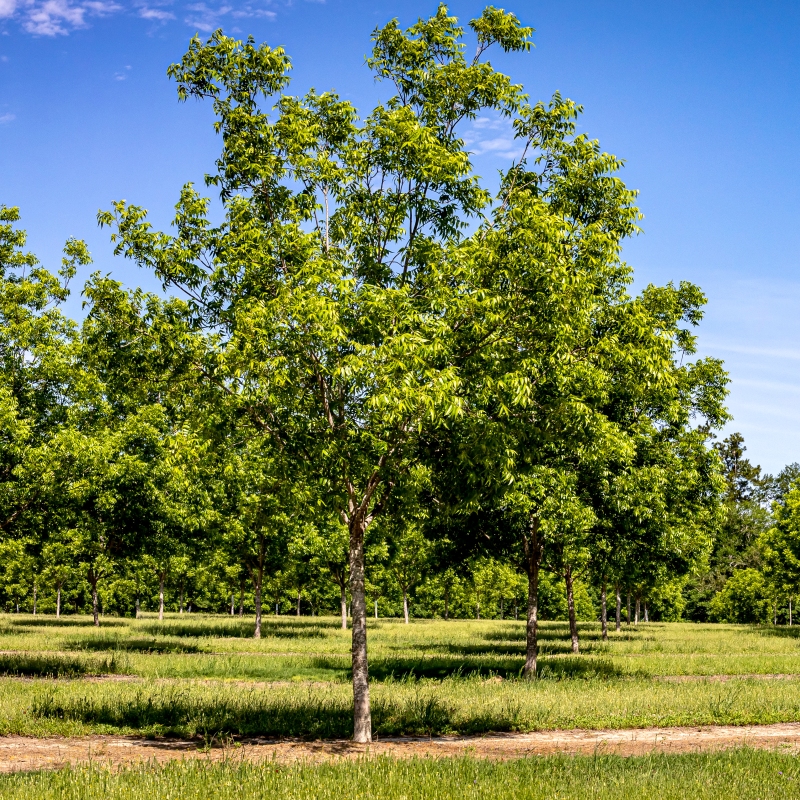
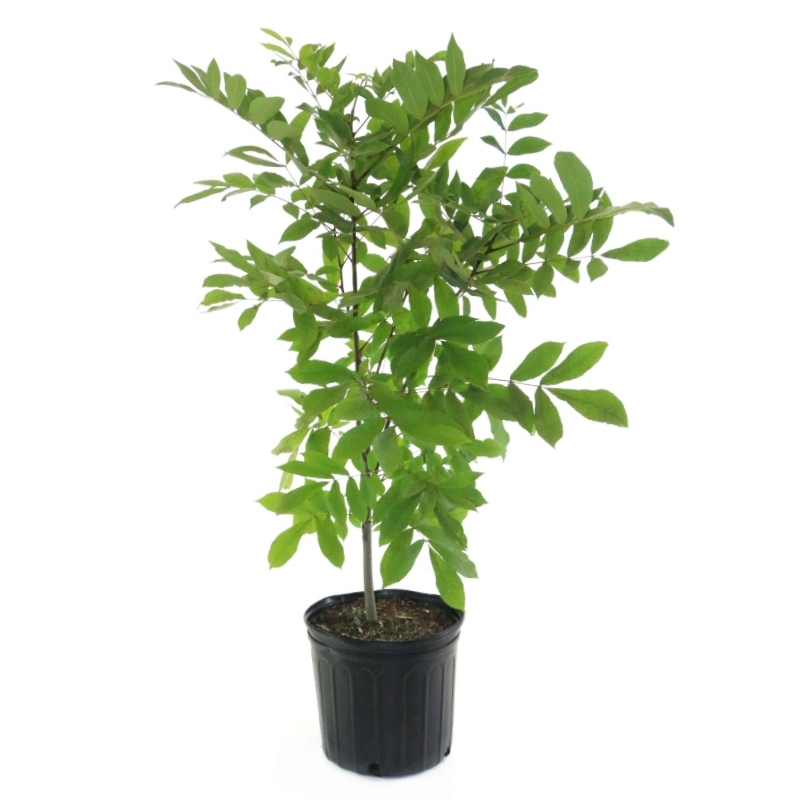
Native Pecan Tree
Carya illinoinensis Native Pecan
81 reviews
Native Pecan Tree
Carya illinoinensis Native Pecan
81 reviews
- Produces delicious, rich-tasting pecans
- Naturally resistant to diseases and pests
- Thrives in various soil types and climates
- Recommended by landscape designers for optimal fit in real yards
$112.00
$160.00
30% Off
- Ships to in 3-5 Days
- Free Shipping Over $150
- Plant Arrival Guarantee
- In Stock
- Free Plant Consult
$200 - Landscape-Approved: Every Plant We Sell Comes With Design Expertise Behind It
Trade 3 Gallon
We are sorry, product is currently out of stock due to seasonal availability. Please check the "Related plants available in your area" section below
Not just beautiful - intentionally selected by ShrubHub's 3D landscape design team to fit real-world spaces and maximize yard potential.
Why Native Pecan Tree?
The Native Pecan Tree (Carya illinoinensis) is a valuable species for its large, flavorful nuts and beautiful shade-providing canopy. These trees are native to North America and provide important habitat for wildlife such as squirrels and birds. Additionally, Native Pecan Trees have deep root systems that help prevent erosion and improve soil health, making them a vital component of a diverse ecosystem.
Sunlight
Native Pecan Trees require full sun to thrive and produce a bountiful harvest of nuts. They need at least 6-8 hours of direct sunlight each day to maintain healthy growth and yield. Insufficient sunlight can lead to poor nut production and overall tree hea
Watering
Native Pecan Trees require regular watering, especially during periods of drought. They prefer well-draining soil and should be watered deeply to encourage deep root growth. It is important to monitor soil moisture levels and adjust watering frequency acco
Fertilizing
Native Pecan Trees usually do not require high levels of fertilizer if grown in their natural environment. A balanced slow-release fertilizer applied in early spring can help support healthy growth. It is important to avoid over-fertilizing as this can har
Native Pecan Tree (Carya illinoinensis Native Pecan)
The Native Pecan Tree, scientifically known as Carya illinoinensis Native Pecan, is a majestic tree that produces delicious pecans. This native tree is well-adapted to various soil types and climates, making it a popular choice for homeowners and orchardists alike.
Native Pecan Trees can grow up to 100 feet tall with a spread of 40-75 feet, providing ample shade and beauty to any landscape. Its large, dark green foliage turns a beautiful golden yellow in the fall, adding to its charm.
In addition to its aesthetic appeal, the Native Pecan Tree produces tasty pecans that are a favorite ingredient in pies, candies, and other baked goods. The pecans are rich in healthy fats, antioxidants, and essential nutrients, making them a nutritious snack option.
Planting a Native Pecan Tree in your yard or orchard not only adds beauty but also provides a bountiful harvest of delicious nuts for years to come. These trees are low-maintenance and relatively pest-resistant, making them a great choice for both novice and experienced gardeners.
Overall, the Native Pecan Tree is a valuable addition to any landscape, offering beauty, shade, and a delicious harvest of pecans. Consider planting one today to enjoy its many benefits.
Plant Information:
| Botanical Name: | Carya illinoinensis Native Pecan |
| USDA Zones: | 5 - 9 |
| Mature Height: | 100 ft |
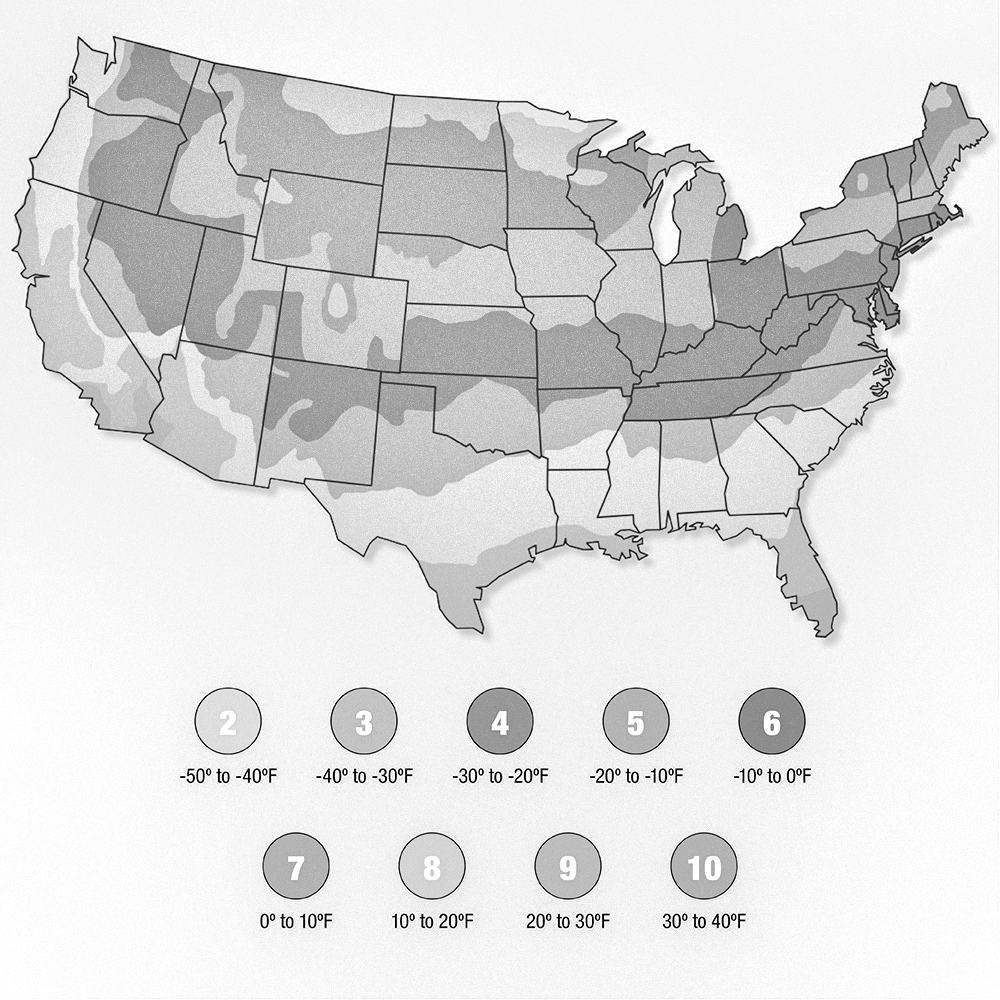
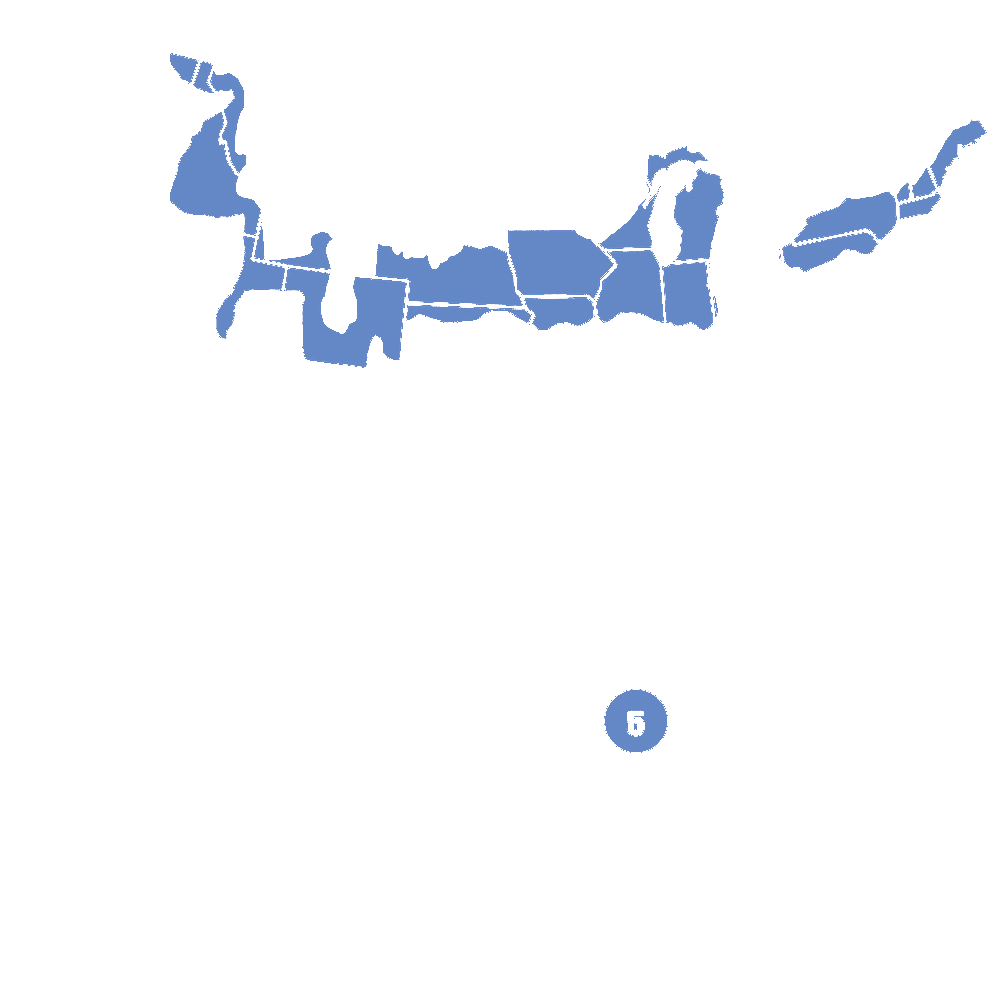
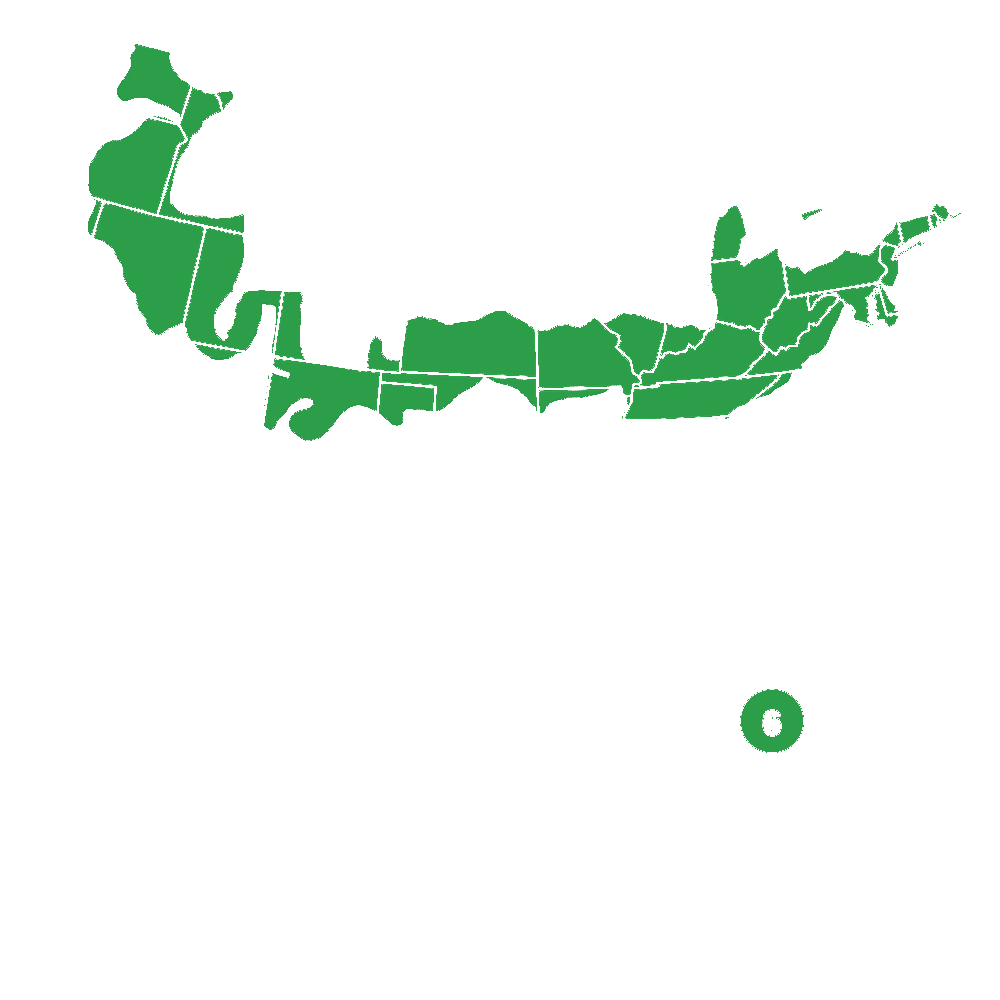

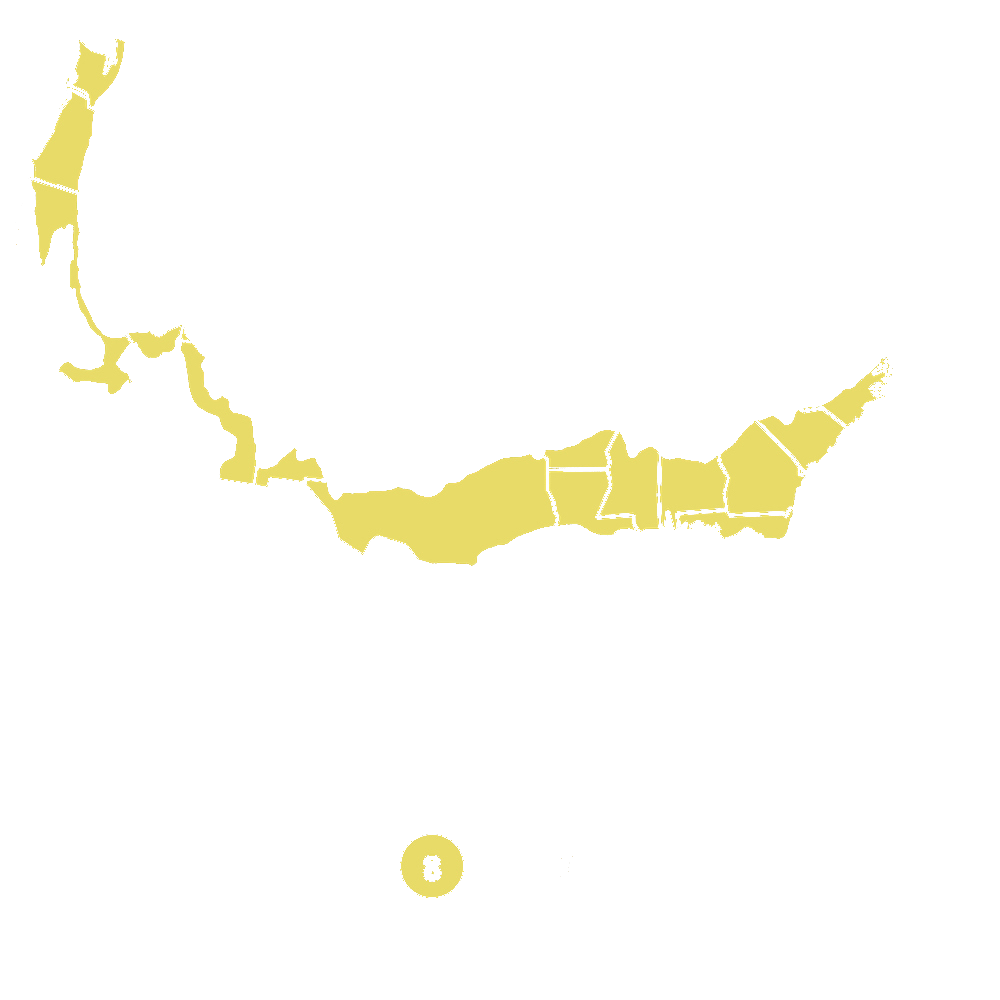
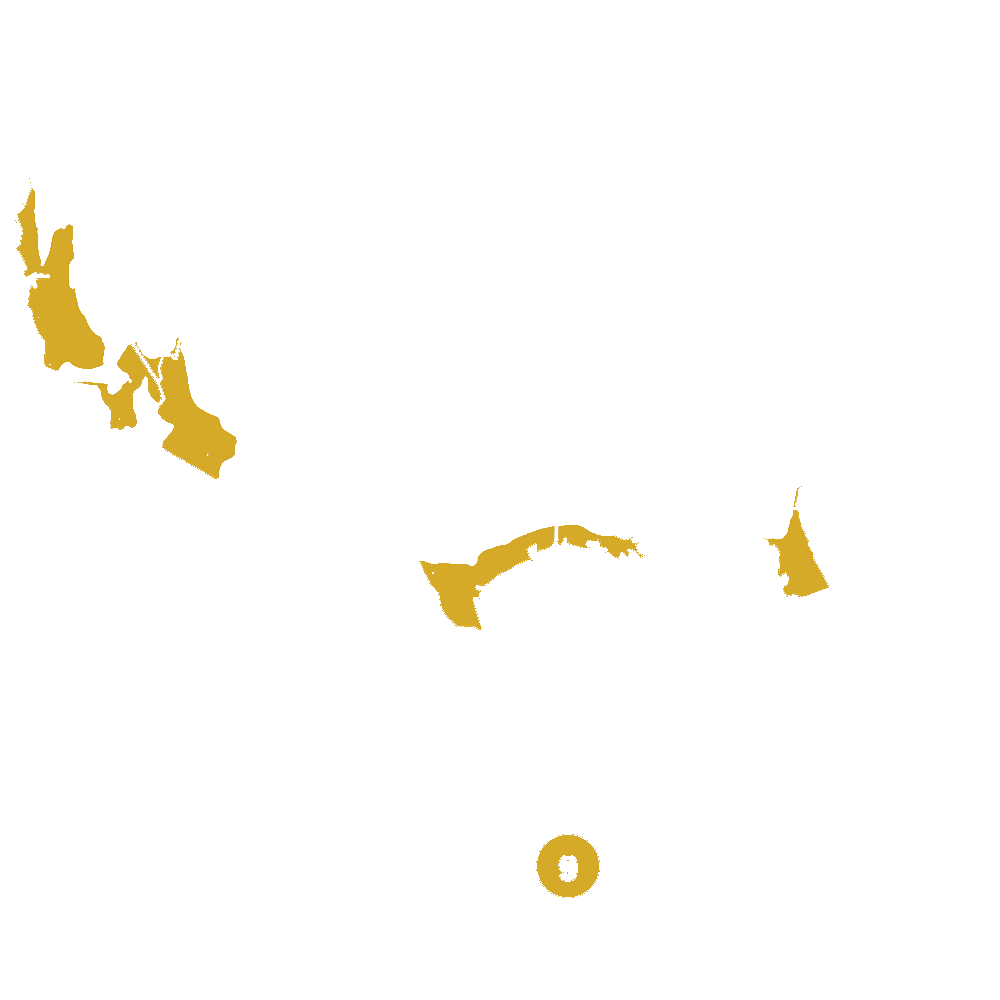
Pollination Info
Native Pecan Tree Pollination Information
The native pecan tree (Carya illinoinensis) is primarily wind-pollinated, but it can also benefit from cross-pollination with other pecan trees for increased nut production. In order to ensure a good crop of pecans, it is recommended to have at least two or more pecan tree varieties planted within 200 feet of each other for optimal cross-pollination.
Native pecan trees produce both male and female flowers on the same tree, but they do not self-pollinate very effectively. The male flowers release pollen into the wind, which can then be carried to the female flowers on another tree. Bees can also help to transfer pollen between trees, although they are not the primary pollinators of pecan trees.
It is important to consider the timing of the flowering of different pecan tree varieties in order to ensure successful pollination. Planting early, mid, and late-season varieties can help extend the pollination period and improve nut set.
Overall, native pecan trees are relatively self-sufficient when it comes to pollination, but having multiple trees nearby can help to ensure a more bountiful harvest of delicious pecans.
FAQ
Native Pecan Tree FAQ
What is a Native Pecan Tree?
The Native Pecan Tree, scientifically known as Carya illinoinensis, is a species of pecan tree native to North America. It produces edible nuts known as pecans.
How tall does a Native Pecan Tree grow?
A fully grown Native Pecan Tree can reach heights of 70 to 100 feet, with a spread of 40 to 75 feet.
What are the ideal growing conditions for a Native Pecan Tree?
Native Pecan Trees prefer well-drained soil with a slightly acidic pH. They thrive in full sun and require regular watering, especially during dry periods.
When do Native Pecan Trees bear fruit?
Native Pecan Trees typically start producing nuts around 6 to 10 years of age. The nuts are usually ready for harvest in the fall.
How do I care for a Native Pecan Tree?
Prune the tree regularly to maintain its shape and remove dead or damaged branches. Fertilize the tree in the spring and water it consistently to ensure healthy growth. Mulching around the base of the tree can help retain moisture and prevent weeds.
Can Native Pecan Trees be grown in containers?
While Native Pecan Trees can technically be grown in containers, they prefer to be planted in the ground. Pecan trees have deep root systems that may not thrive in a confined space.
Are Native Pecans edible?
Yes, Native Pecans are edible and are commonly used in baking and cooking. They are known for their rich, buttery flavor.
Planting & Care
Planting & Care for Native Pecan Tree (Carya illinoinensis Native Pecan)
Planting:
- Choose a location with full sun and well-drained soil for planting your native pecan tree.
- Dig a hole that is twice as wide and just as deep as the tree's root ball.
- Place the tree in the hole, fill it with soil, and water thoroughly.
- Mulch around the base of the tree to retain moisture and suppress weeds.
Care:
- Water the tree regularly, especially during dry periods. Native pecan trees prefer moist soil.
- Fertilize the tree in the spring with a balanced fertilizer to promote healthy growth.
- Prune the tree as needed to remove dead or diseased branches and shape the canopy.
- Protect the tree from pests and diseases by inspecting it regularly and applying appropriate treatments.
- Harvest pecans in the fall by picking them up off the ground as they drop from the tree.
By following these planting and care guidelines, you can enjoy a healthy and productive native pecan tree in your landscape.
Check Out These Verified Customer Reviews:
Customer Reviews
4.7 out of 5 based on 81 reviews
Thank you! Your review has been submitted.
The item arrived in good condition and was well-packaged.
Customer service was helpful and responsive to my inquiries.
The shipment was quick and the tree looks vibrant and robust.
Item has been added to your cart.

